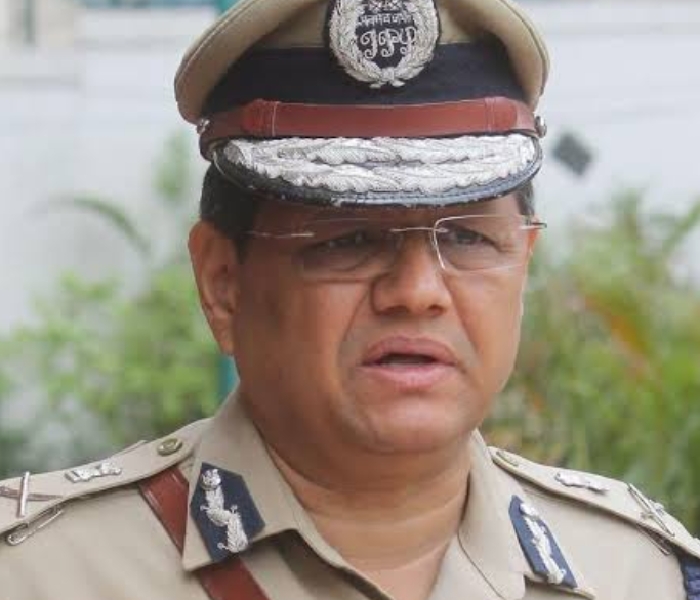Bengaluru, Aug 9: Vokkaliga strongman D K Shivakumar, who indirectly played a key role in the decisive victory of Congress veteran Ahmed Patel in Rajya Sabha elections from Gujarat, has now emerged as a hero among Congress leaders at national level.
The Energy Minister of Karnataka, who had to face the wrath of Centre’s ruling BJP in the form of I-T department raids, has also consolidate his position in the party ahead of looming Assembly polls.
Shivakumar is understood to have received a pat on his back from the Congress top brass, including AICC president Sonia Gandhi and her political secretary Ahmed Patel, for his efforts in hosting the Gujarat Congress MLAs at a resort near Bengaluru. Both Sonia and Patel are learnt to have called up Shivakumar on Wednesday and congratulated him. Ahmed Patel was the party candidate in the election.
Shivakumar took up the responsibility of safeguarding the Gujarat MLAs when there was a threat of them being poached by the BJP in Gujarat. Though he was away in Singapore, Shivakumar cut short his tour, rushed to Bengaluru and assumed charge of the MLAs. He, along with his brother and Congress MP D K Suresh, ensured that MLAs are safe despite Income Tax department raids on him for three days.
In fact, Shivakumar has proved himself as a crisis manager for the party on many occasions in the past. He had hosted around 70 Congress MLAs from Maharashtra during a political crisis in 2002. In 2014, Shivakumar ensured the victory of the party candidate in Bellary Rural Assembly constituency, which was considered the fiefdom of Ballari Reddy brothers. He is also credited with the party’s victory in the recently held byelection to Gundlupet Assembly constituency.
Ever since senior leader S M Krishna quit the Congress, Shivakumar has been trying to position himself as the Vokkaliga face of the party.
Speaking to reporters, Shivakumar charged the BJP with trying to woo Gujarat MLAs during their stay in Bengaluru. But all their efforts were in vain. He also said he has details of how efforts were made to poach the MLAs and that he would disclose them at the right time. “Ups and downs are common. The party leaders, including Sonia Gandhi and Chief Minister (Siddaramaiah), and the workers stood with me,” he added, referring to the I-T raids.






Comments
we have to understand congress and DKS are up against Mr Modi, Mr Shah. And they think differently, they act differently, and if congress is not flexible in its approach, they will become irrelevant.
This is right time to Congress to recognize that India has changed. "Old slogans don't work, old formulas don't work, old mantras don't work. India has changed, the Congress party has to change.
So act of DKS is 100% justified
Add new comment